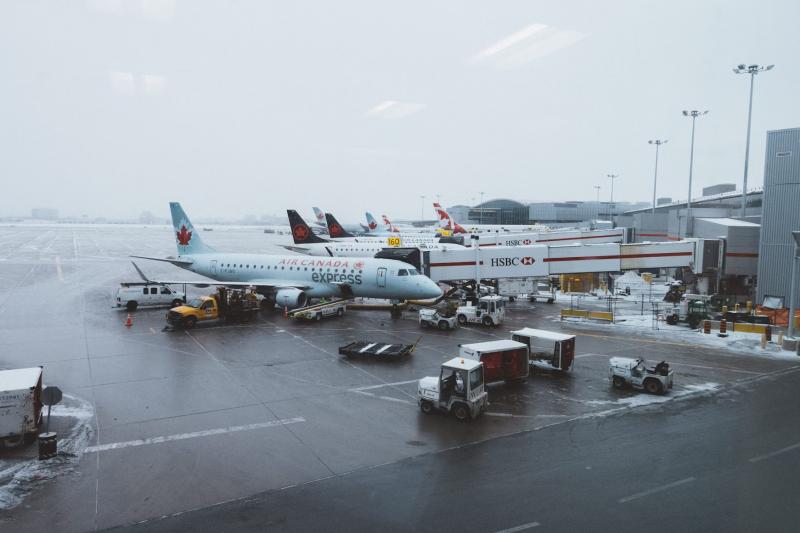
Recently, one of our guests, Stephen, faced a challenging situation. Due to severe weather, his flight was canceled, preventing him from reaching The Park House. Unfortunately, Airbnb determined that Stephen’s situation did not qualify for their Major Disruptive Events policy, which can sometimes provide compensation for extraordinary circumstances. Stephen also didn’t have travel insurance to cover his unexpected expenses and, despite our offer to cancel his reservation as soon as possible so we could try to rebook the dates, he chose to keep the booking active. Since his reservation wasn’t canceled, it was considered a standard booking, and we received the full payment as usual, even though Stephen never made it to the property.
We genuinely feel for Stephen and the frustration he must have experienced. This case highlights a few important things that every guest should know about booking short-term rentals, especially when unforeseen events might impact their travel.
1. Understanding the Property Owner’s Perspective
The properties we manage are not just homes; they are financial assets for the owners who entrust them to us. These owners have financial obligations—mortgages, utility bills, maintenance costs, and, of course, the expectation of earning some revenue from their properties. This is why they often choose strict cancellation policies, as they rely on consistent income to meet their obligations. For this reason, understanding that the owner has financial expectations for each reservation can help guests see why strict cancellation policies are sometimes necessary.
2. A Team Effort: How Cancellations Affect Everyone
When a reservation is canceled, it doesn’t just impact the property owner. At HomieBees, we have a whole team that relies on each booking to continue providing high-quality stays. From property managers and software engineers to cleaning crews and maintenance staff, everyone’s livelihood is tied to these reservations. For our fully stocked, well-maintained properties that delight our guests, every team member plays a role, and cancellations can impact each person.
3. Extenuating Circumstances Policies – Check with Airbnb or VRBO First
Both Airbnb and VRBO offer Major Disruptive Events or Extenuating Circumstances Policies, which cover certain situations outside a guest’s control. Only these platforms can decide if a reservation qualifies, and if they approve, compensation will come directly from them. This way, the owner’s income remains intact, and guests may be able to receive a refund.
4. Review Cancellation Policies and Consider Travel Insurance
Cancellation policies vary, and the closer you get to your check-in date, the less likely you are to be eligible for a refund. Because of this, we highly recommend travel insurance for all guests. Travel insurance can often cover unexpected events, helping you get compensated without impacting the financial interests of the property owner or the rental team. It’s a win-win solution in unforeseen circumstances.
5. Our “Best Alternative” for Guests Facing Last-Minute Cancellations
When guests reach out to us courteously and explain their situation, we offer a potential solution: canceling the reservation from their end to free up those dates on the calendar. This way, we can try to rebook the dates with a new reservation. The sooner the calendar is made available, the higher the chance we can secure another booking. If we successfully rebook any of the dates, we’ll gladly process a refund based on the new reservation amount.
Here’s how this might look in practice:
- If you booked five nights at $349 per night, but we can only rebook three of those nights at a discounted rate of $299 to attract a last-minute guest, we’ll refund you $897 for those rebooked nights.
- Please note that the refunded amount only applies to the nights we’re able to rebook, and any shortfall remains uncompensated.
It’s not a full refund, but it’s better than nothing—and we think it’s a fair option when cancellations happen. However, we do prioritize guests who approach us with respect and understanding.
A Friendly Reminder: Short-Term Rentals Are Not Hotels
Short-term rentals require a different approach than hotels. These are private properties, often run by owners who rely on the income. Understanding this difference and being mindful of how cancellations affect everyone involved can make a huge difference for both guests and hosts alike.
We hope Stephen’s case provides helpful insights for future travelers, and we’re here to support you however we can. Thank you for understanding the effort that goes into each and every stay with us.

